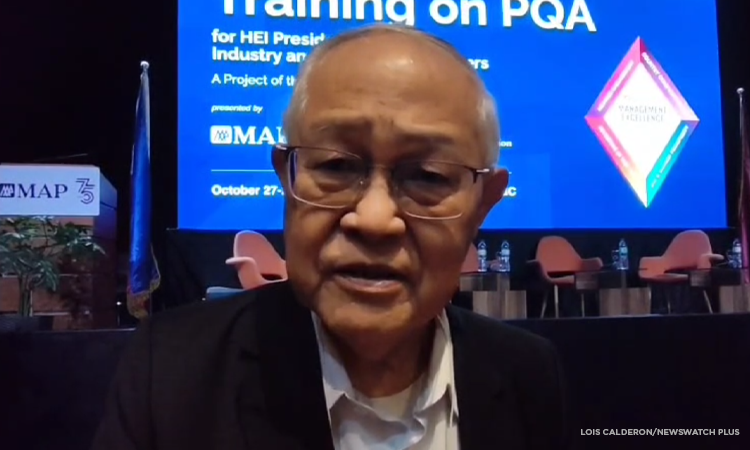Gov’t re-enters power transmission via NGCP stake
Metro Manila, Philippines - The government, through its sovereign wealth fund, has re-entered the electricity transmission sector via a significant deal with the power grid operator on Monday, Jan. 27.
Synergy Grid and Development Philippines Inc. (SGP) has accepted a binding offer from the Maharlika Investment Corporation (MIC) to acquire a 20 percent stake in the National Grid Corporation of the Philippines (NGCP), the grid operator.
The deal was finalized with the signing of a term sheet at Malacañan Palace on Monday afternoon witnessed by President Ferdinand R. Marcos Jr.
The agreement marks a turning point in government efforts to regain access to power transmission, the operation and management of which has been privatized since the Electric Power Industry Reform Act in 2001.
"Congratulations, everyone. I know it wasn't easy. I think, in the end, we found a good solution to everyone's concern,” Marcos said at the signing event.
In a statement, Malacanang said the MIC, which manages the sovereign wealth fund, will acquire the stake through preferred shares offered by SGP. The acquisition grants the government two out of nine seats on the SGP board and two out of 15 seats on the NGCP board, following an expansion in the total number of seats.
Rafael Consing Jr., MIC president and CEO, said the acquisition is a vital step towards securing the power infrastructure.
NGCP has operated the country’s transmission network since 2009 under a 25-year franchise granted by Congress, with an option for renewal. The government owns the transmission assets through the National Transmission Corporation.
The SGP, owned by the Sy family and Robert Coyiuto, controls 60 percent of NGCP, while the Chinese government-owned State Grid Corporation of China holds 40 percent. This arrangement has raised concerns in recent years, particularly amid intelligence reports regarding potential security risks related to Chinese involvement in critical infrastructure.
With the new stake, the government will have a more direct role in monitoring NGCP operations, including potential security risks.
Some experts have even suggested that the transmission lines could play a role in future national broadband initiatives, indicating the strategic importance of the deal.





